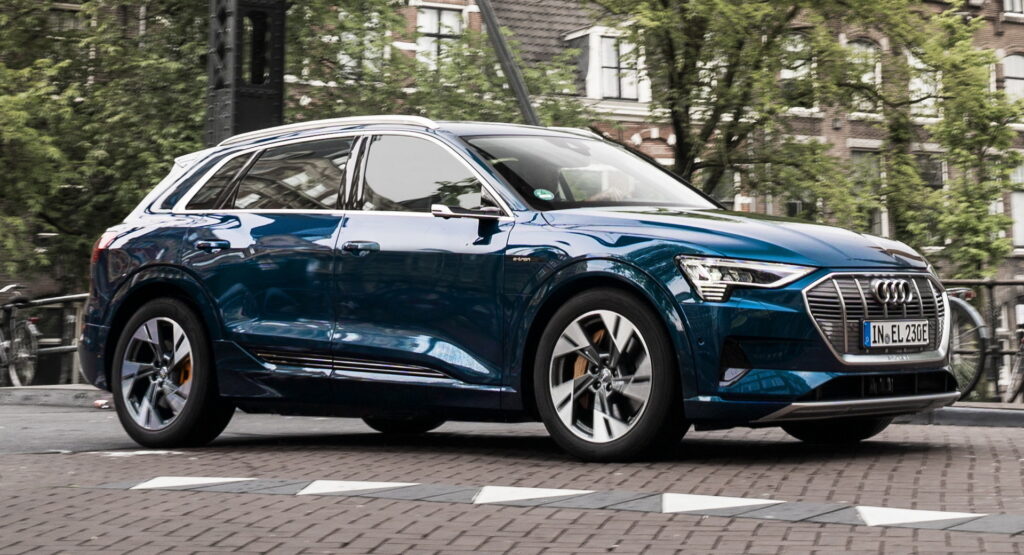Audi revealed today that it is in the midst of developing a particulate filter that helps vehicles clean the air as they drive through it. The automaker has partnered with MANN+HUMMEL to develop the new technology.
Although automakers like to say that electric vehicles have zero local emissions, that’s not actually true. While their electric powertrains emit no local emissions, like all vehicles, the tires, brakes, and what they kick up off the road accounts for 85 percent of fine dust caused by traffic.
The World Health Organization has recommended significantly lowering particulate matter limits this year, but automakers believe that it won’t actually be possible to comply with the lower regulations. Thus, Audi is working on this filter to offset what vehicles can’t help but emit.
Read Also: Dutch Students Create Concept Car That Actually Sucks Up CO2 As It Drives
The filter is a pretty simple setup that gets installed in front of the radiator, in order to alter the design of the vehicle as little as possible. In testing, Audi found that this had no impact on the vehicle’s ability to cool itself, even on hot days or while it was stationary.
While driving, the filter passively cleans the air that runs over it, while the already existing radiator fans mean that it can actively suck up air even while the E-Tron is stationary.
Audi says it has completed more than 31,068 miles (50,000 km) of endurance testing on the E-Tron. In cities with higher levels of pollution, such as Stuttgart, the company claims that their electric SUV with the filter on captured exactly as many fine dust particles as it emitted, neutralizing its impact on the city. In even more polluted cities, it could filter out even more.
The automaker says that these filters need only be replaced during a vehicle’s regularly scheduled maintenance intervals. The entire filter system accounts for 14.9 kg (32.8 lbs) of CO2 equivalents and is made of 60 percent recycled materials.
“This particulate filter is an example of our pursuit of innovation for everyone’s benefit and a successful collaboration with specialized suppliers,” Fabian Groh, project manager in attachment system development. “We are already doing a lot today on our own initiative. We anticipate it will also become a legal requirement in the future.”






